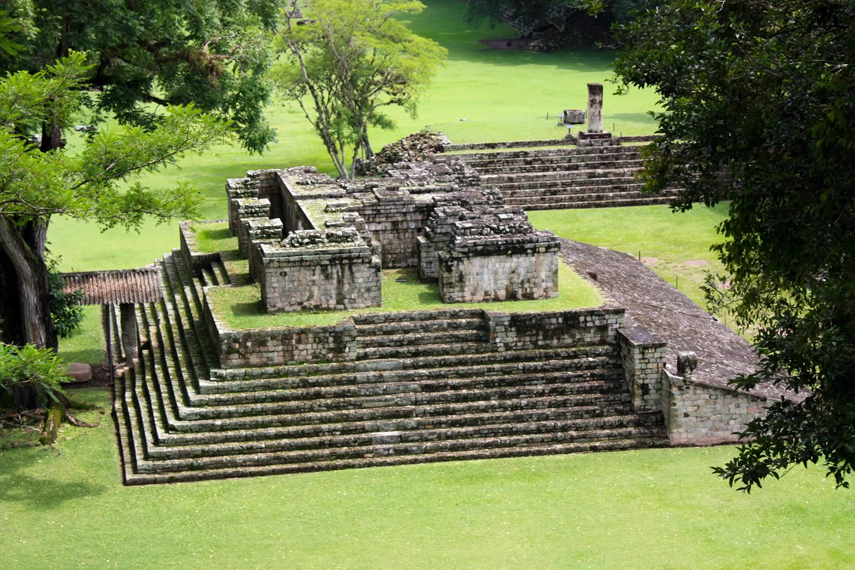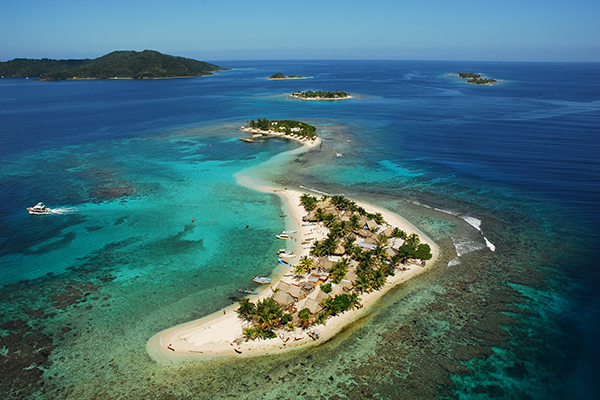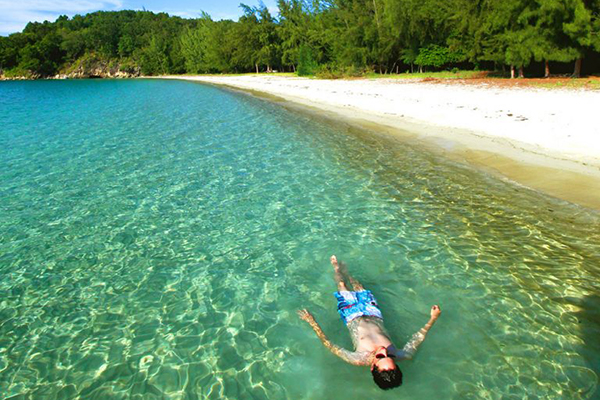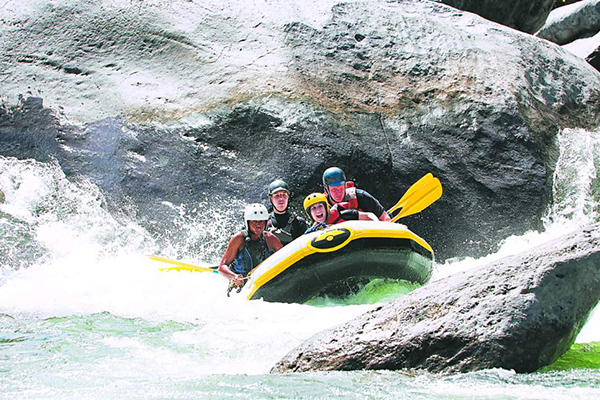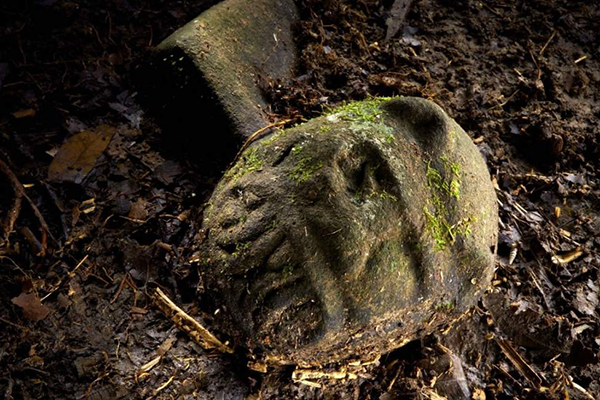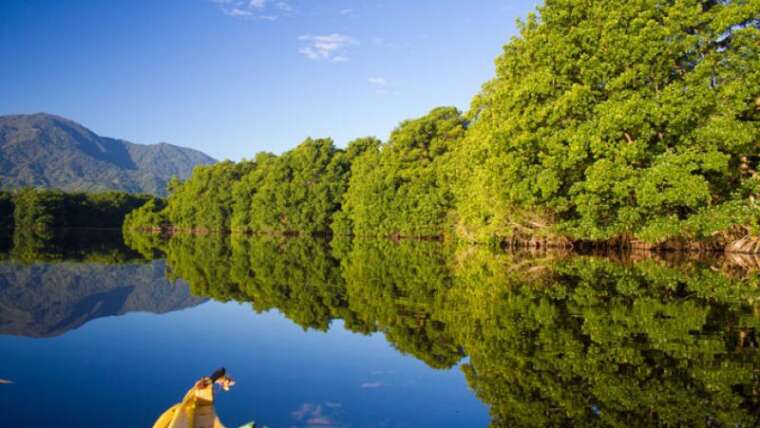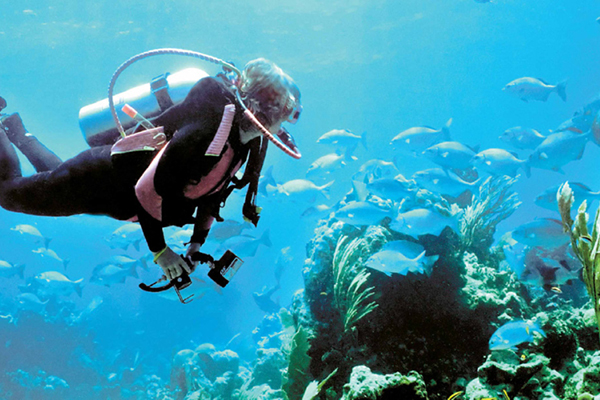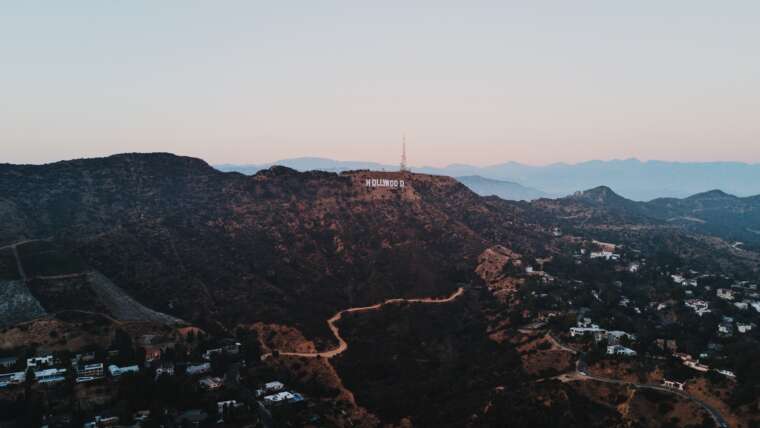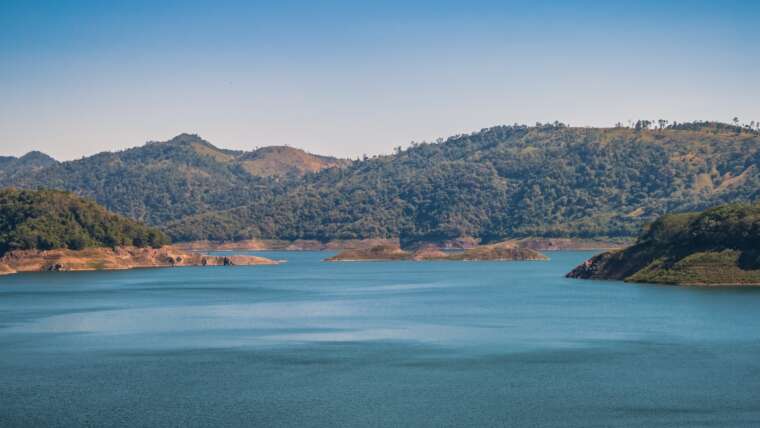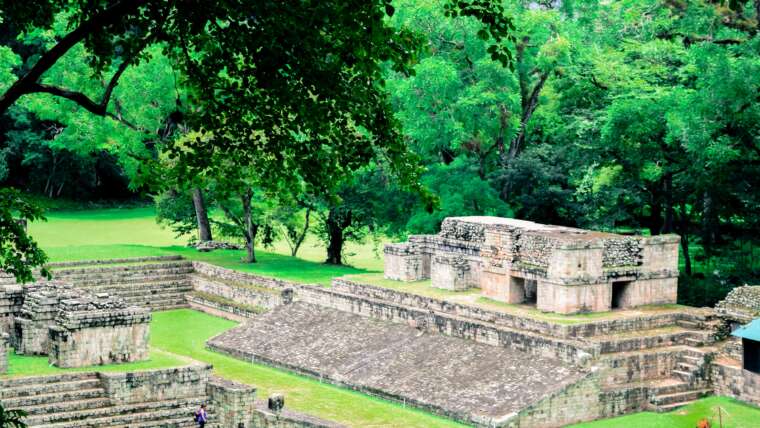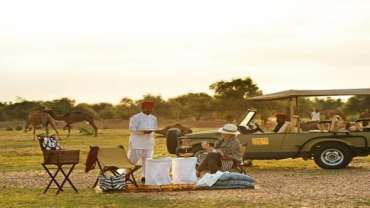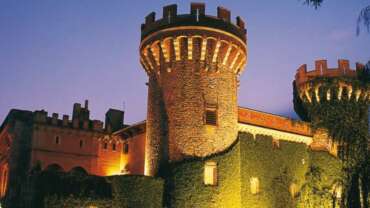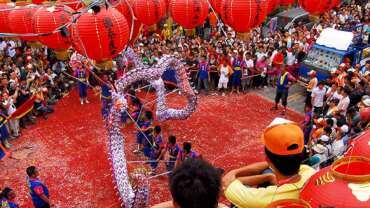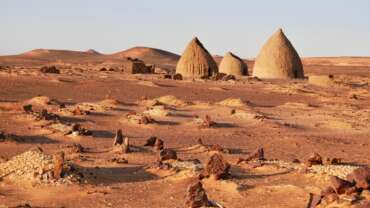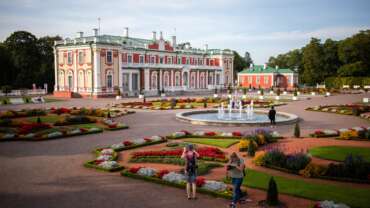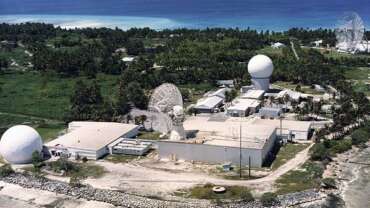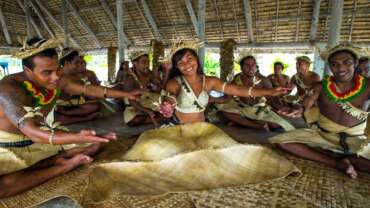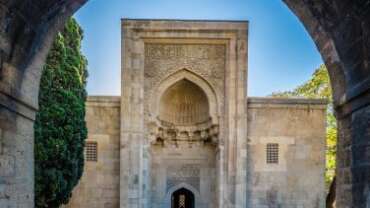It's All Here In Honduras
Honduras is a Central American country with Caribbean Sea coastlines to the north and the Pacific Ocean to the south. In the tropical rainforest near Guatemala, the ancient Mayan ceremonial site Copán has stone-carved hieroglyphics and stelae, tall stone monuments. In the Caribbean Sea are the Bay Islands, a diving destination that’s part of the 1,000km-long Mesoamerican Barrier Reef.
The Republic of Honduras sits on a land area of 43,278 square miles, and it is located in Central America. This geographical region is known as the Gulf of Honduras while the body of water on the Pacific coast is known as the Gulf of Fonseca. Nicaragua borders Honduras on its southeast border and Honduras borders El Salvador on its southwest. The Western border is shared with Guatemala.
History of Honduras
The mainland of Honduras has long been inhabited by a variety of cultural groups. Among these are the Lenca, the Paya, and the better known Mayan. Honduras is home to one of the Mayan largest ruins. Paya Indians have been traced to Roatan. Today, the Latino (“mestizo”) is the largest cultural group. On Roatan, the Paya Indians gave way to the Garifuna through a series of British and Spanish voyages. Christopher Columbus first came to Honduras in 1502, on his final voyage.
Hernan Cortes came to Honduras in 1524 and brought with him Spanish armed forces. This brought about a period of Spanish colonization that went on for nearly 300 years. In 1821, Honduras claimed its independence from Spain and became a Republic in 1838.
Political System
The Republic of Honduras has adopted a democratic economic system based on free capitalistic trade. However, rumors of corruptions and a new wave of socialistic tendencies have surfaced. The most recent elections saw a surprising number of voters pushing for a socialistic agenda. That said, it is not the first time politicians have angled to turn the Honduran political system into socialism. So far, Hondurans have managed to promote and maintain a democratic system.
Government & Economy
Like in the US, the Honduran government has the same three governmental branches (Executive, Legislative, & Judicial) but instead of two or three political parties, Honduras has five competing political parties. Two of these parties have been in office for much the countries recent history. Elections are held every four years in Honduras. In 2017, a sitting president won re-election for the first time. This caused turmoil on the streets as many claimed the re-election was not only illegal but also unconstitutional. By contrast, many are of the opinion, that reflection is needed to enable government continuance and to keep the more socialistic party out of public office.
The Honduran economy is mainly dependent on Agriculture, farming, textile productions, and tourism. Crops include coffee, sugar, and bananas. During the 1990’s, the manufacturing industry grew exponentially. Textile factories grew in numbers primarily in the areas around San Pedro Sula. Honduras is a large exporter of sweatshirts, sneakers, and other garments consumed in the US and around the world. The “Made in Honduras” has become a common tag in clothing stores around the globe.
People of Honduras
Catrachos
The citizens of every country have a nickname. Americans are commonly referred to as “Gringos.” Hondurans are commonly referred to as “Catrachos.” The name comes from General Florencio Xatruch. Those who supported the general were known as “Xatruchos” which later evolved to the more common spelling of “Catrucho” and later “Catracho.” Using the word, Catracho is seen as a compliment and not a derogatory name. Honduras is like most other countries in that soccer of “futbol” is the most popular sport and a national pass time. It is customary for locals to wear their favorite futbol jersey around as casual attire. The most common jersey is that of the Honduran national team followed by jerseys from La Liga which include Real Madrid and Barcelona teams.
Religion
Until the early 90’s, most Hondurans identified as Roman Catholic. Today, there is a fairly even divide between Catholics and those practicing a Protestant faith.
Cultural Life of Honduras
Honduras is rich in its heritage, natural beauty, and has an exiting culture. It is recommended that prospective Expats get a deeper understanding of Honduras ahead of deciding to move to Roatan. Life on Roatan is much different than life on the mainland of Honduras. But Honduras authority is still the law of the land. We hope you enjoy this brief overview of Honduras.
An estimated 90% of Hondurans are mestizo. This group is a mix of European and American Indians. Hondurans speak Spanish as their first language. Spanish, Miskito, Garifuna, and the Bay Island Creole English are official languages to Honduras. But Spanish is by in large most commonly spoken of the languages. Street signs, official documents, and the press is all written in Spanish.
Honduras - The Real Banana Republic
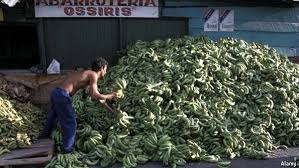
Honduras became known as the Banana Republic in 1904 when it became heavily invested in the production of Bananas through companies like the United Fruit Company and Cuyamel Fruit Company. All through the 20th Century, labor forces from all over the world migrated to Honduras to work in its Banana Plantations.



